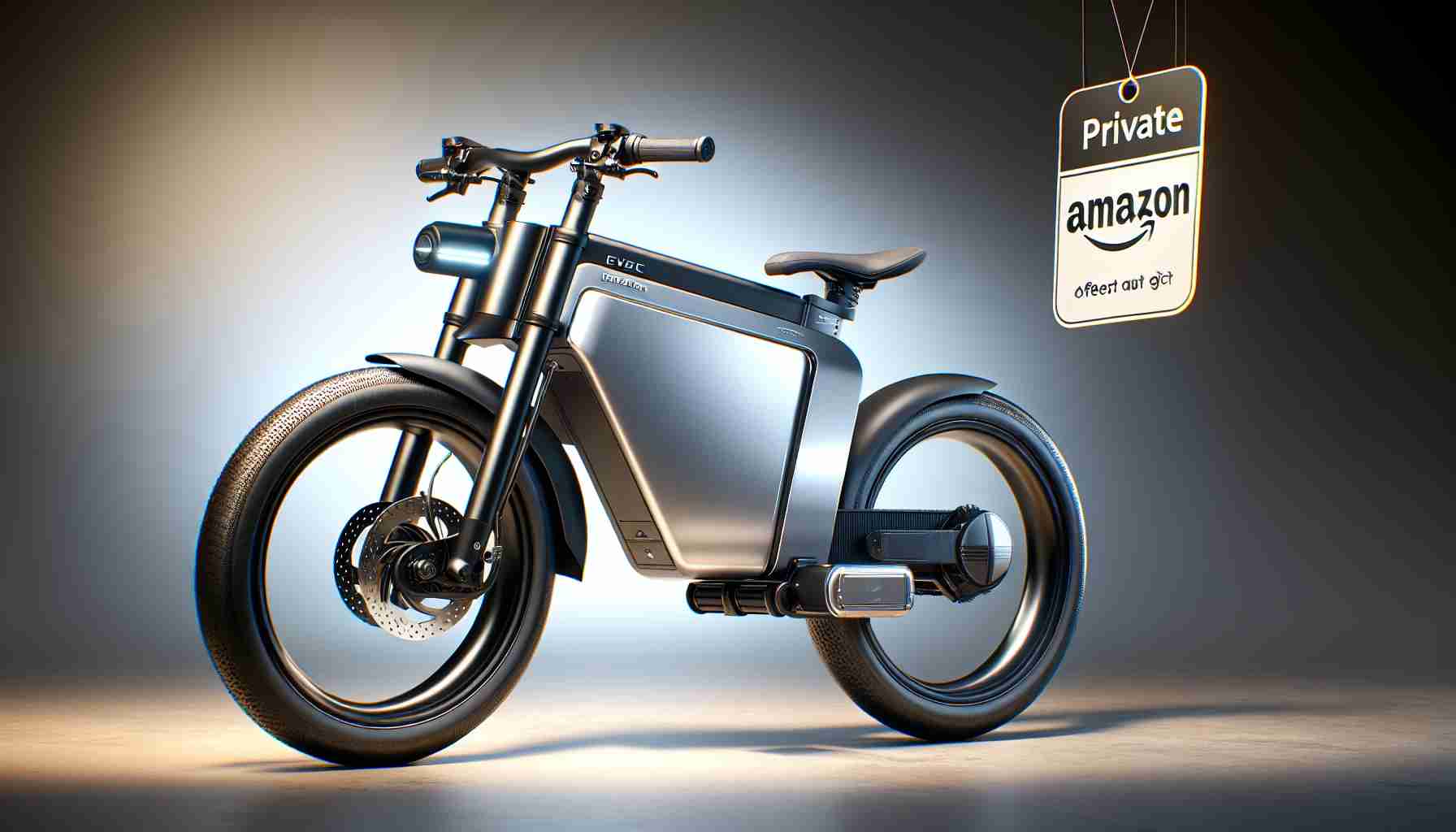E-bikes are revolutionizing transportation in cities across the UK, but are all these electric marvels operating within the law? There’s a growing tension as high-speed, de-restricted e-bikes, resembling electric motorcycles, zip through city streets. These vehicles often evoke frustration among road users and pedestrians, prompting some city councils to consider bans on cycling altogether.
E-bikes are meant to be a green alternative to cars, providing assistance up to 15mph (25kph), encouraging otherwise reluctant cyclists to hit the road. However, reports suggest an increase in unlawfully modified e-bikes pushing past these speed limits, unhindered by licensing and insurance requirements. Such bikes are blurring the line between bicycles and motorcycles, creating compliance issues.
This divergence in the e-bike industry has deep roots. Initially, e-bikes were aids for climbing hills or navigating short distances with ease. Over time, these evolved into versatile machines serving diverse communities—from commuters to delivery workers. Only a niche segment of enthusiasts prefers the slower, legal versions for health benefits and modest commuting.
The consequences of this evolution are complex. Traditional cyclists, tangled in this wave of high-speed, questionably legal machines, face the brunt of rising hostilities towards cycling. Concerns from councils stem largely from these rogue e-bikes, threatening to damage the public image of all cyclists.
As this issue escalates, the need for clear regulations and enforcement grows stronger. The challenge lies in balancing innovation with safety, ensuring e-bikes fulfill their intended role as environmentally friendly transports rather than rogue speedsters.
The Unseen Battle: How Regulations Can Shape the Future of E-Bikes in the UK
E-bikes have rapidly become a staple in urban transport across the UK, hailed for their green credentials and convenience. However, beneath their sleek, futuristic facade lies a brewing debate about safety, legality, and market dynamics that could redefine their role in modern transportation.
Key Trends and Market Insights
The growth in e-bike sales reflects a shift in urban mobility trends. With more people looking for sustainable and efficient ways to commute, e-bikes stand out by offering a practical solution that bridges the gap between traditional cycling and motorized transport. The versatile applications of e-bikes cater to a wide array of users, from daily commuters to delivery personnel, highlighting a significant shift from niche to mainstream adoption.
Emerging trends also suggest a strong interest in integrated technologies. Advanced features such as GPS navigation, smart connectivity, and app-based performance monitoring are increasingly becoming part of the standard offerings in new e-bike models. This push towards tech integration aligns with consumer desires for smarter, more connected urban transportation solutions.
Challenges and Compliance Issues
A major challenge facing the e-bike industry is the surge in modified models that exceed the legal speed threshold of 15mph (25kph), transforming them into high-speed vehicles akin to electric motorcycles. This poses a significant compliance issue as many of these e-bikes operate without proper licenses or insurance, drawing concern from both regulatory bodies and the general public.
Market insights reveal that consumer awareness about the legal implications of using modified e-bikes is still relatively low. There’s a need for better education and clearer guidelines to ensure users fully understand the legal boundaries and responsibilities of e-bike ownership and operation.
Regulatory Landscape and Future Predictions
As the e-bike market continues to expand, regulatory frameworks must evolve accordingly. Experts predict that increased enforcement of existing laws, coupled with the development of stricter regulations for high-powered e-bikes, will be pivotal in shaping the future landscape of urban cycling in the UK.
Predictions also point toward potential revisions in e-bike classifications, which could lead to new categories that better align with the evolving characteristics and capabilities of modern e-bikes. These changes would aim to balance innovation with safety, fostering an environment where e-bikes can thrive without compromising public safety.
Use Cases and Compatibility with Urban Infrastructure
E-bikes offer distinct advantages that make them an ideal fit for modern cities, particularly when integrated with existing public transportation networks. They provide a viable last-mile solution, reducing congestion and emissions while promoting healthier urban living standards.
The compatibility of e-bikes with urban infrastructure is further enhanced by ongoing investments in cycling lanes and e-bike charging stations. These developments not only encourage broader adoption but also ensure that e-bikes complement, rather than interfere with, standard traffic operations.
Conclusion: A Call for Balanced Innovation
In conclusion, while e-bikes present untapped potential for revolutionizing urban transport, it’s crucial to address the challenges posed by high-speed models operating outside legal constraints. By fostering a balanced approach that promotes innovation while upholding safety standards, the future of e-bikes in the UK promises to be both sustainable and dynamic.
For more insights into how transportation is evolving and what steps can be taken to ensure sustainable growth, visit the official UK Government website.







